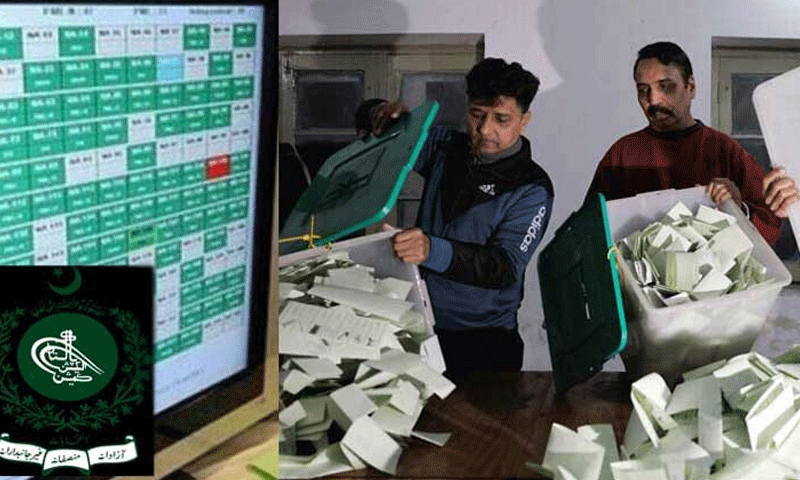QUETTA: Elections of the Balochistan’s local govt (government) bodies, held across the province on 29 May 2022, were hailed as a major step toward strengthening grassroots democracy. The polls took place in 35 districts with high public expectations. Many residents hoped that elected local representatives would finally address their daily problems at the community level.
Two years later, most areas still lack basic services. Many elected chairmen and councillors say they remain powerless due to the absence of funds and administrative authority. Their frustration mirrors the disappointment felt by the public.
Interviews with residents across the province show that the elections improved representation but did little to solve long-standing issues. In Mastung, resident Muhammad Ahmed said the area faces severe shortages of water, electricity and gas. He said the local representatives “are present, but they have no resources.” He added that roads remain unbuilt, sanitation has not improved, and clean drinking water is still unavailable. “People are facing exactly the same problems as before the elections,” he said.
Residents in many other districts share the same view. They say they meet their councillors every day, but whenever they demand solutions, the elected representatives blame the lack of funds.
Local leaders confirm these complaints. Speaking to V News, the chairman of the Mastung Municipal Committee, Dr. Faisal Manan, said the Local Government Act 2010 grants full powers and salaries to chairmen, vice-chairmen and union council heads. “But in Balochistan, neither powers nor salaries were given,” he said.
He noted that provincial and federal lawmakers receive salaries, allowances, vehicles and security, but local government officials receive nothing. He said Article 35 of the Act clearly guarantees salaries and benefits, yet no one has implemented this provision since 2022.
Dr. Manan said that during a Local Government Conference on 28 February 2024, Chief Minister Mir Sarfraz Bugti promised that chairmen would receive 50 percent of an MPA’s salary along with vehicles, fuel and security. “But that promise also remained only a statement,” he said.
He added that development funds still go through MPAs, who decide which projects enter the Provincial PSDP. “In most countries, local governments carry out development work because they are closest to the people,” he said. “Here, chairmen depend on deputy commissioners and assistant commissioners. Without authority, how can a representative solve any issue?”
Also Read: ECP announces schedule for local govt elections in Quetta
He noted that local representatives stay in their constituencies around the clock, while MNAs and MPAs rarely visit their areas. For that reason, he said, local governments must control development if public problems are to be solved.
Preparations for the next round of local elections are underway. But both residents and elected officials agree on one point: without powers, funds and salaries, local bodies cannot function. They warn that without effective local government, neither development nor long-term solutions are possible in Balochistan.





